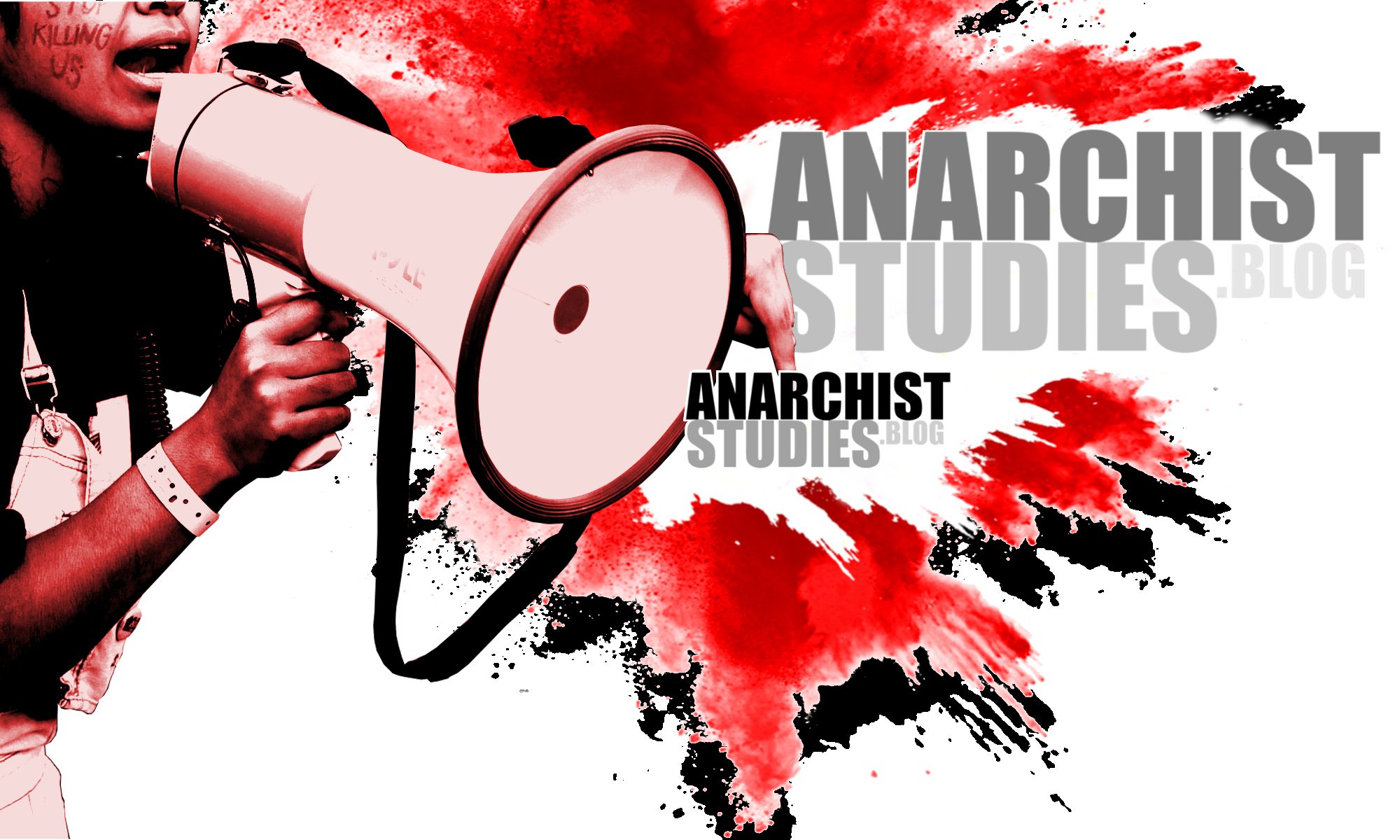by Jim Donaghey
4th June 2018

The Sparrows’ Nest is an anarchist library and archive in Nottingham, UK, which celebrates it’s tenth anniversary this year. Jim Donaghey met with one of the Sparrows to talk about the space, its role in the local community, and the importance of documenting and sharing the history of anarchist movements. Stream the audio interview directly from the AnarchistStudies.Blog SoundCloud here (full transcript below):
Visit: http://thesparrowsnest.org.uk/
The Sparrows’ Nest searchable online catalogue is accessible here: http://thesparrowsnest.org.uk/index.php/search
Among their archived collections you’ll find: Black Flag (and its precursor Anarchist Black Cross Bulletin), Freedom, Organise, Anarchy (first and second series), Class War, Direct Action (1940s and 1960s), Syndicalist Workers’ Federation, Flux, A Pinch of Salt, Ainriail, Counter-Information, Echanges et Mouvement, Solidarity (pamphlets), Solidarity – A Journal of Libertarian Socialism, New Anarchist Review, Black Chip, Solidarity Motor Bulletin, Nott FIN, Nottingham Agitator, Nottingham Anarchist News, Nottingham Voice, an extensive collection of local Anti-Poll Tax publications and much more besides. If you can’t find what you’re looking for on the searchable catalogue, that’s just the tip of the iceberg – get in touch with the Sparrows to find out more.
E-mail: info@thesparrowsnest.org.uk
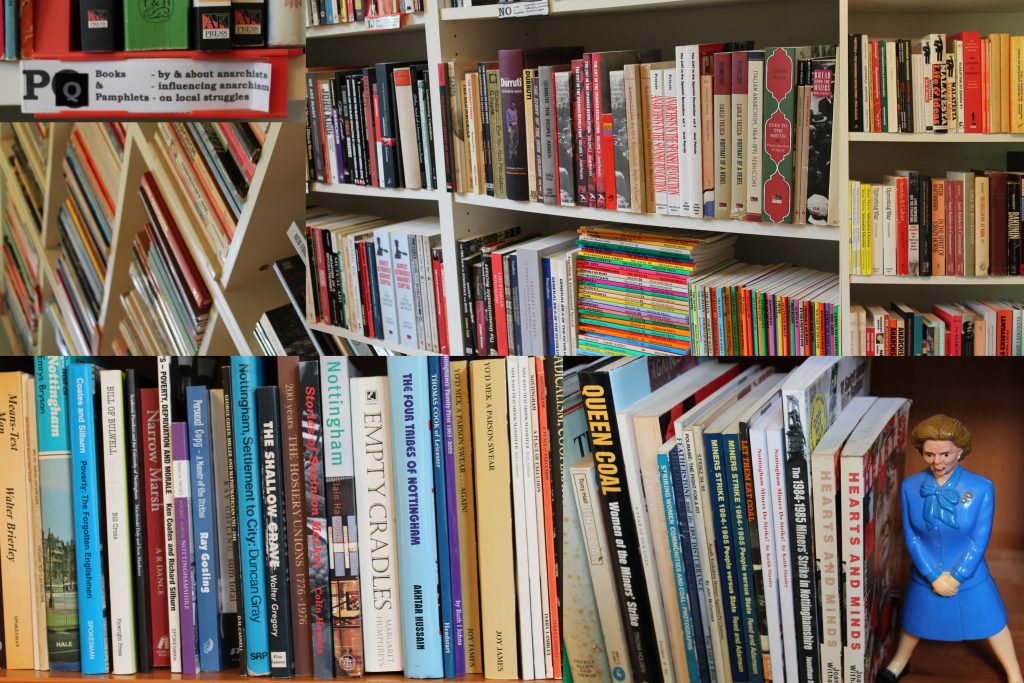
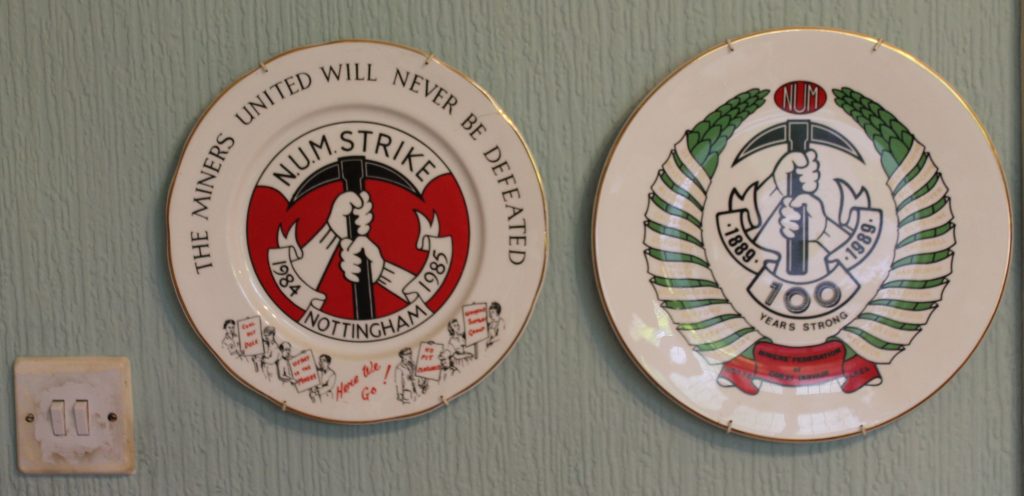
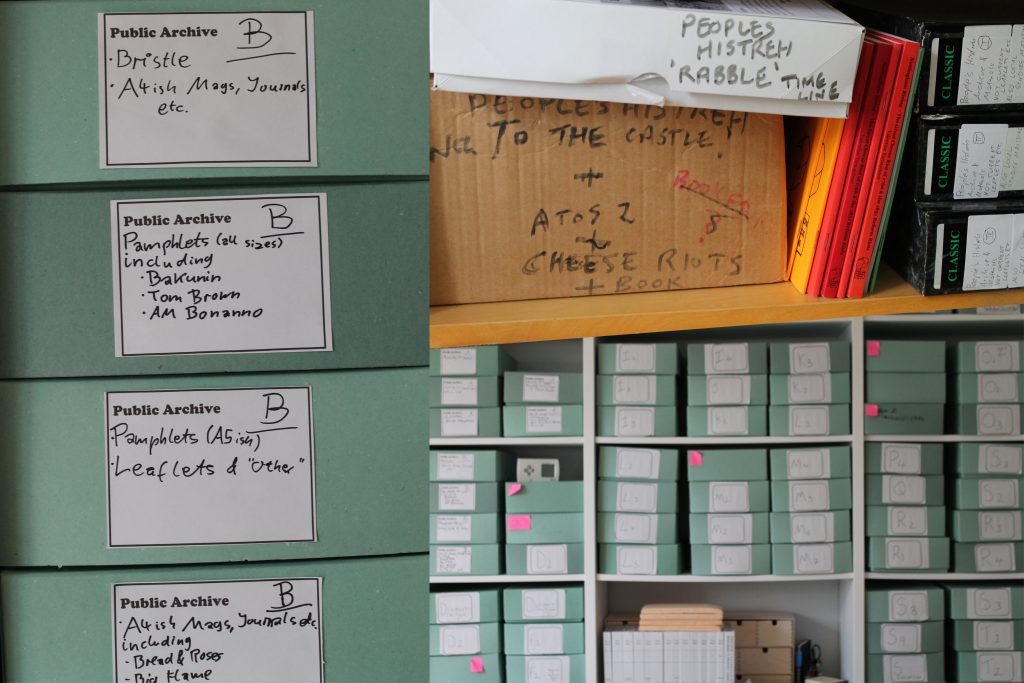
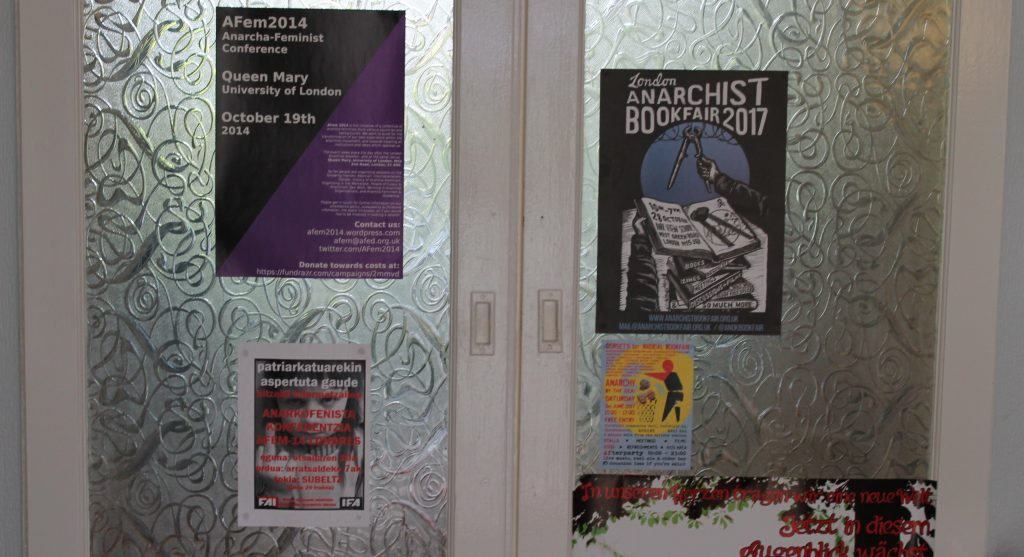
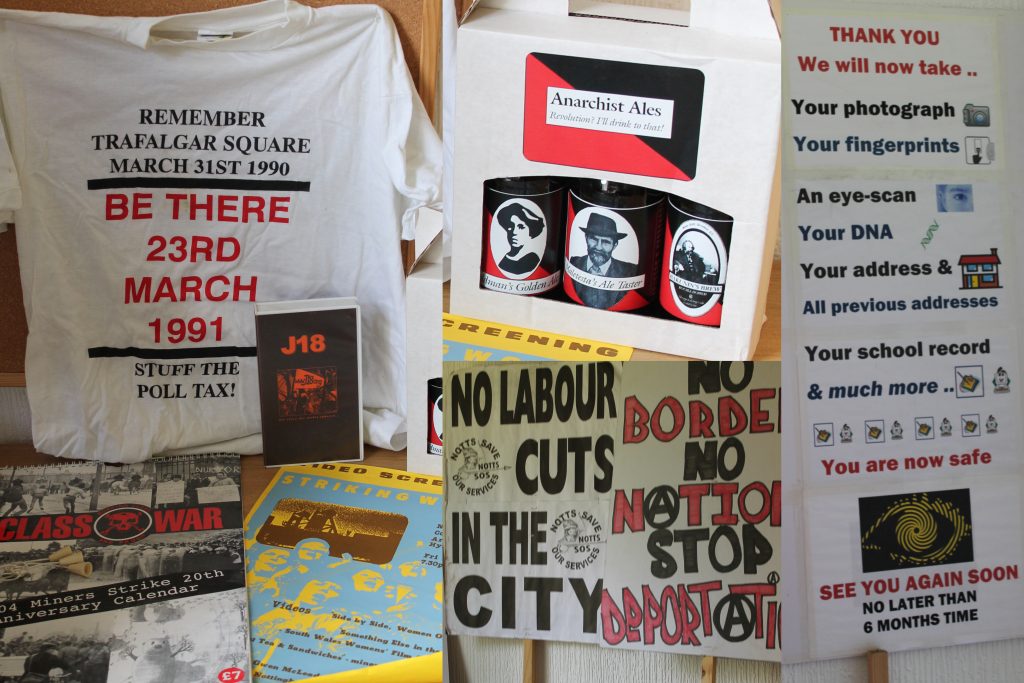
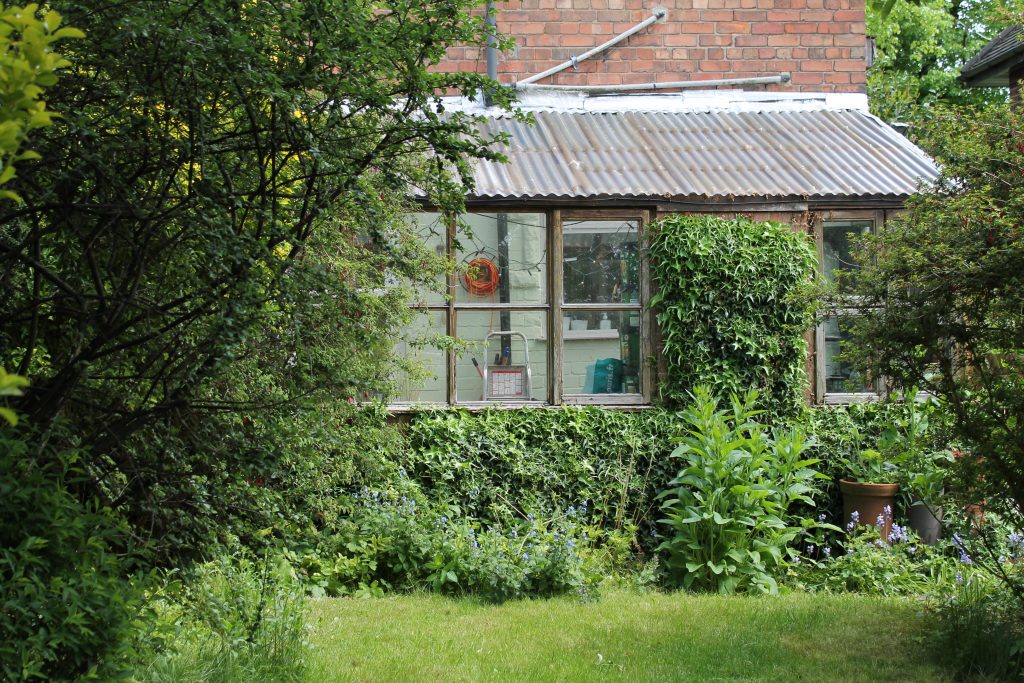
[Transcript]
Yeh, the beginning of the Sparrows’ Nest, we’re in our tenth anniversary year this year. Some of the people who were involved in the Sparrows’ Nest were members of Anarchist Federation, and there was an international congress in Carrara in Italy, and they saw how much anarchism was tied up with the history of Carrara. I mean it’s got an interesting history, a working class history, apparently they kicked out Mussolini. But the way that anarchism was integrated with Carrara was very impressive, there were large numbers of social centres, I think the local council essentially supported an anarchist march during the congress. Generally anarchism was seen as very much part of that community and its history. And we saw they were already doing that work of having a social centre, maintaining their archives, and we thought, ‘well, is there anything like that in the UK?’ Well, and we thought that there wasn’t and so we thought ‘what can we do about that?’
We’re in a working class area of Nottingham, we’re actually not very far from the city centre, we’re very close, you can walk to the railway station, bus connections. But we are in a, yeh, in a working class area and that was intentionally the case. It’s available to all, and we do advertise our existence. We have an open, y’know, regular opening, which is an open time when you can just turn up. So we have put ourselves in the position of being a public library as well as an archive. So we’re not perhaps as closed as you might imagine a sort of dusty archive in a cellar to be. In fact, when we started off the Sparrows’ Nest, we got some advice from Nottinghamshire Archives, and we went on their tour and we did their preservation course, and they were very very supportive indeed. I remember the first thing they said to us was ‘the first rule of archiving is to keep the stuff in the first place.’ We realised there was a gap, and people, y’know, a lot of this material wasn’t being kept and looked after and made available. We put a call out and said ‘we’re here, y’know don’t throw your, if you’re moving house, don’t throw your stuff away – give it to us.’
When we started off, we put together the collections of some of the individuals that started off the Sparrows’ Nest, and some of that has been kept as a distinct collection. I think once we’d started we quickly, y’know, realised we were going to be able to maintain a broad archive of both books and magazines and other media: posters, leaflets, stickers, even beer bottles believe it or not. I think we decided from the beginning that we wanted our collection to be ‘by and about anarchists,’ in fact I’m reading now from the book shelf, ‘by and about anarchists, influencing anarchism, and about local struggles’ which may or may not be anarchist. In the local studies collection it’s very much about activism and radicalism in the Nottinghamshire and Yorkshire, I would say, let’s say Midlands and South Yorkshire area, focused on, for example, the Miners’ Strike and other industrial struggles and labour struggles. So we, we do specialise in that. It’s really, it’s the material that is related to anarchism that you wouldn’t find anywhere else.
I think, y’know, there are other archives in other areas of the UK. Y’know, we know of 56a in London, you’ve got the 1in12 in Bradford, there are a couple of archives in Glasgow and Edinburgh. There used to be a more structured network of those, of archives in the UK, called NORLA, which stood for ‘Network of Radical Libraries and Archives.’ That hasn’t been maintained. The networking is, it’s a useful thing to do – if we had lots of duplicated of material for instance, we wouldn’t throw them away, we would make them available to other archives. There is an international network of archiving anarchist material and that’s called CIRA, which stands, it’s French, but it stands for, and Swiss, it stands for the International Centre for Anarchist Research. The main centre is in Switzerland and then there’s an outpost, for want of a better word, in Marseille in France. And so that’s an international of archives.
Is there already too much focus on Spain, the Russian Revolution, or y’know all these, yeh, past events? What’s their relevance to today? I think we go beyond that here, I think that we’re interested in contemporary struggles, and I think that’s one of the things you need, I think that’s why it’s important to link local struggles with the, sort of, with the broader politics of anarchism. But at the same time, who else is going to tell, y’know, our story? Or who else is going to document our history? There’s also a, y’know, a long tradition of activists, y’know, writing their own histories and, y’know, and their own experiences and analysing them, and I think that that’s, y’know, really important, that that’s maintained. But that’s a very distinct view of the world, and I think to have that, to show that that’s actually, y’know, that’s not just an idea that’s popped out of the air is important. Y’know, there’s people coming along all the time who are new to anarchism as well. An archive like this can be a memory of that, and also I’d say, practically, y’know, struggles are won and struggles are lost and, y’know, we haven’t achieved a worldwide, y’know, anarchist revolution yet, so it’s important to look at, to have documented and make available those struggles, so that we can do it better next time.
Yeh, there is a process. Some of it involves cleaning, so, with a sponge, but most of the time it’s about removing staples, and then yes, putting them in a box, or wrapped in paper where it won’t degrade any further, so that’s acid and lignin free. OK, once you know what you’re doing, then you go out and find out how much this stuff costs, and it’s incredibly expensive, but we want to do it properly, so we buy the right materials. Yeh, you might imagine that you, y’know, get a nice pile of material, y’know, from an enthusiast that’s already been put in alphabetical order – and it’s amazing how often that does happen. I think quite a few anarchists are hoarders and, y’know, maintain their own collections. But we also, equally we do get material that comes in plastic bags that’s been in the cellar, and that’s y’know. In fact I think we even had a mouldy, a fairly mouldy anti-Poll Tax banner at one point which we had to clean. There’s lots of fun in seeing what you get when you open the box. And hopefully it’s not like Tutankhamun’s tomb. I’ll give one example, we’ve got a really well-organised and fully digitised archive of the Syndicalist Workers’ Federation, which is the precursor to the Solidarity Federation now, which also used to be called the Direct Action Movement. I like to give one example from the Syndicalist Workers’ Federation collection, which is a letter written to anarcho-syndicalist comrades in Cuba just after the Cuban Revolution. And that letter is essentially saying, asking the question, ‘are you, y’know, how’s it going comrades?’ And ominously there’s no reply. But we have that original letter, so that letter was carbon copied, so we have a copy of that letter. And we also have some interesting , y’know, letters of, from members of the organisation talking about their lives, why they’ve, why they were behind on their dues, why they were unhappy with the outcome of a particular demonstration. So there’s a lot of social history there, from, y’know, related to that organisation, which is all available and online.
Yeh, so we put an application in to the Charity Commission for charitable status. Y’know, our main purpose is education, you’d think a library, an archive that’s open to the public, y’know, could be considered for that. So we thought we had a chance, but it just came back and said ‘no, it’s because you’re controversial.’ So we can now be proud of being controversial. So, please come and visit us to see how controversial we are. I think we’ve learned, we’ve learned a lot in 10 years, but I think what we’ve done, we’ve learnt what we, and we’ve decided what we want to do with the collections, and it’s about, y’know, making sure that they’re very well organised, that other people know what we’ve got, and also to make it available. Please go onto our website and just put some keywords into the catalogue and see what we have, or if you’ve got a particular interest, y’know, we’ve got a nicely, nice searchable catalogue. And if you’ve got anything that you’re about to throw away, please get in touch.
[End of transcript]
Music: Them’uns (feat. Yous’uns) – The Presentation of Anarchism (featuring the voice of Emma Goldman)
